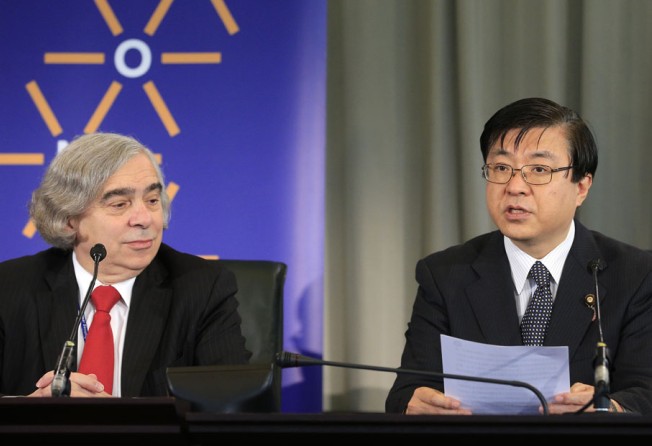Japan must clear doubts over its huge stock of plutonium

Keeping excessive stockpiles of plutonium and uranium goes against the grain of international non-proliferation rules. Japan has taken a long-needed step towards meeting its obligations by agreeing to transfer hundreds of kilograms of weapons-grade material to the United States for conversion to less sensitive forms. The deal is a major achievement for nuclear security. But with vast quantities of plutonium still being held and a reprocessing plant starting operation soon, the region has every right to demand that Tokyo go much further.
Japan was among 35 countries at the nuclear security summit in The Hague this week that pledged to strengthen security measures through self-assessments and external reviews. Still, China and South Korea raised concerns about the US$21 billion facility, worried that reprocessed material could be used to make a bomb. Japanese public antipathy towards nuclear weapons resulting from the nation being the only victim of an atomic attack would seem to make such fears groundless. A pacifist constitution, membership of the Nuclear Non-Proliferation Treaty and protection under the US nuclear umbrella makes the possibility even less likely. Yet tensions over disputed territory in the East China Sea and the nationalist rhetoric of right-wing conservatives in Prime Minister Shinzo Abe's government are justification for caution.
Abe and US President Barack Obama announced the nuclear agreement on the eve of the summit. It requires Japan to transfer 331kg of weapons-grade plutonium and 200kg of highly enriched uranium bought for research in the 1960s to the US for disposal and down-blending. But the stockpiles are only a fraction of what the country holds; International Atomic Energy Agency declarations show that there are more than nine tonnes of separated plutonium from a fast-breeder nuclear energy programme. Japan has pledged that this weapons-grade material will be reprocessed into reactor-grade plutonium when the Rokkasho plant begins operation in the third quarter.
The plant would be able to separate eight tonnes of plutonium a year. With nuclear power plants having been shut down since the Fukushima disaster in 2011, it is unclear why so much material is needed. Storing more than is required for use is against IAEA regulations. Explaining intentions would help ease regional doubts and suspicions. Further deals have to be struck to reduce the amount of stored plutonium.